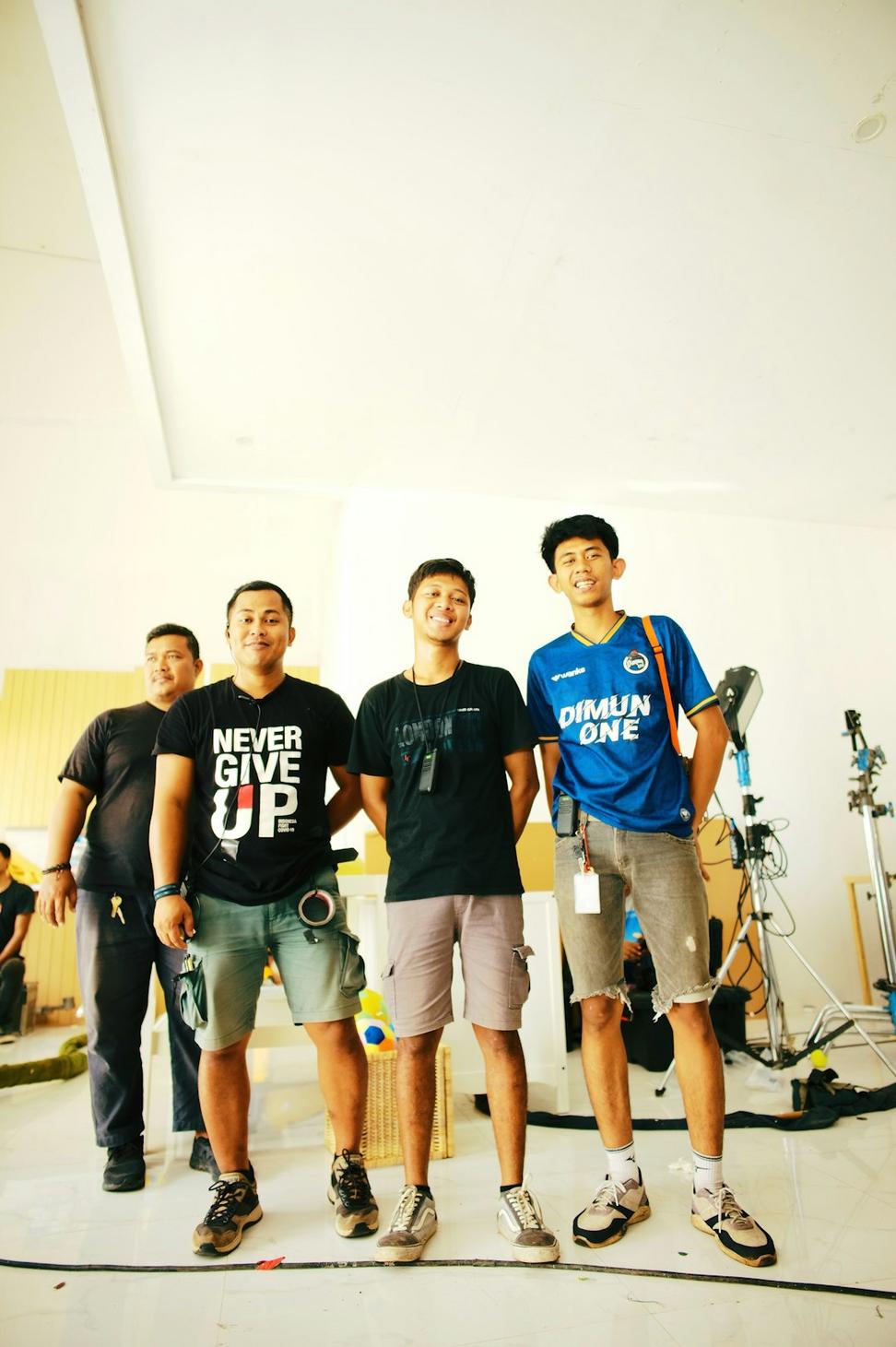
Who We Are
Bridging Tomorrow's Vision with Yesterday's Legacy
Look, we get it - "Lumareth Venquinth" isn't exactly your everyday architecture firm name. There's actually a story there, though it's become a bit of a running joke around the office.
Back in 2008, our founding partners met at a heritage restoration conference in Montreal. After a pretty intense debate about whether modern interventions could ever truly respect historical integrity (spoiler: we figured out they can), they sketched out their first collaborative project on a napkin at 2am. The name? A mash-up of elements they thought captured what they wanted to build together - something about light, legacy, and... honestly, we've heard about five different origin stories at this point.
What matters is what came next. We opened our Toronto studio with three people and one massive conviction: that sustainable design doesn't mean sacrificing beauty, and heritage work doesn't mean living in the past. Fifteen years later, we're a team of 22 architects, designers, and planners who still believe the same thing.
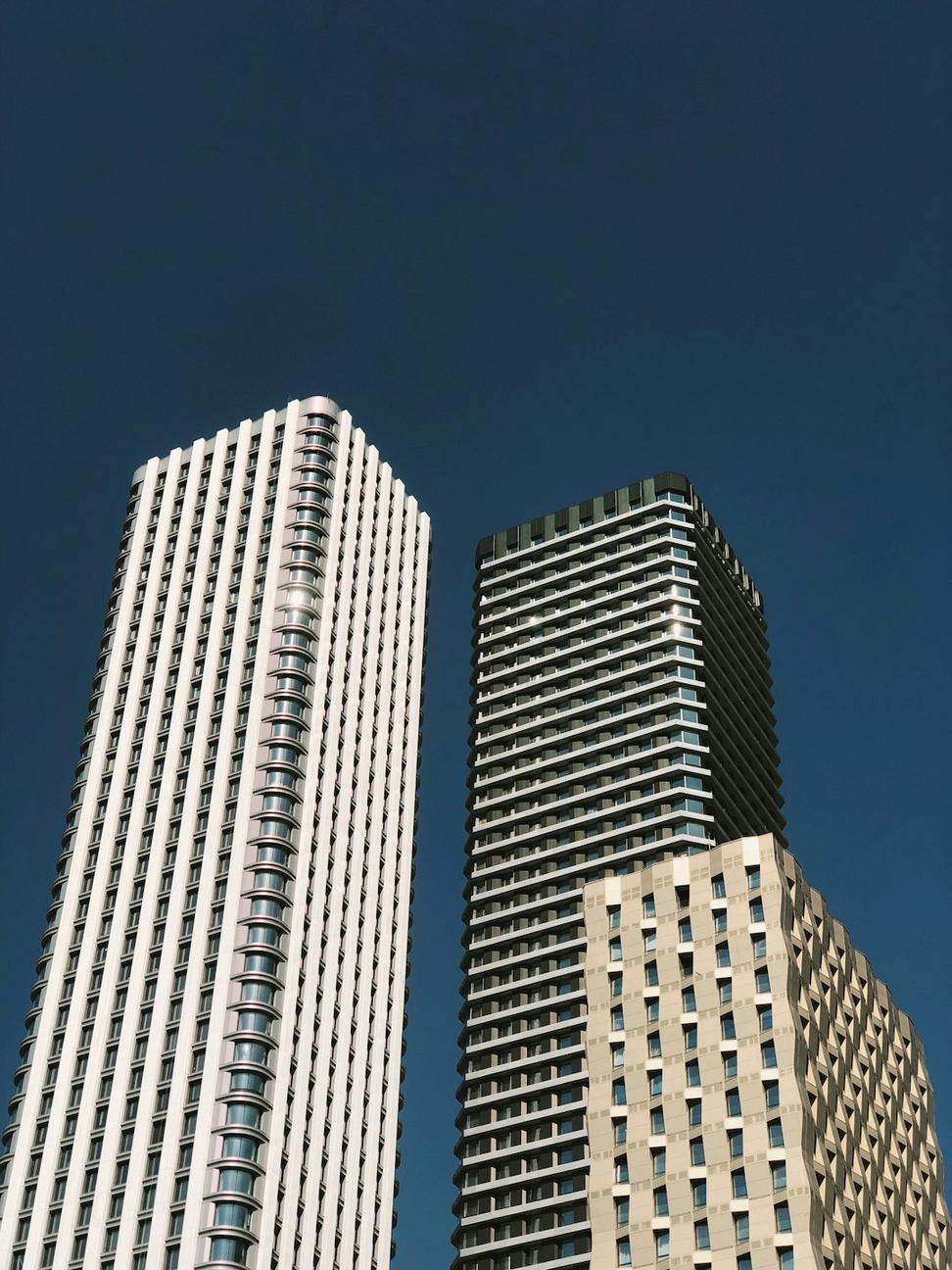
Started with heritage assessments and small residential projects. Our first office was technically a converted loft space we were supposed to be redesigning for a client - they let us stay when they saw the work we were doing.
Won our first major heritage restoration bid - the Elmwood Theatre conversion. That project taught us more about balancing preservation with modern needs than any textbook ever could. Also learned that century-old plaster hides a lot of surprises.
Brought on our first sustainability consultant full-time. Started integrating passive design principles into everything we touched. Realized that "sustainable" shouldn't be a premium add-on - it's just good architecture.
Expanded into urban planning when we got frustrated watching great buildings get dropped into terrible site plans. If you're gonna do something, might as well do it right from the ground up.
Like everyone else, we figured out remote collaboration real quick. But we also started thinking harder about what buildings actually need to do for people - flexibility, air quality, connection to outdoors. Changed how we approach pretty much every project now.
Still learning, still building, still trying to make spaces that matter. We've worked on everything from 150-year-old churches to net-zero commercial towers. The thread connecting it all? Buildings that respect where they came from and where they're going.
Here's the thing about architecture - it's not really about buildings. Yeah, that sounds pretentious, but hear us out.
Every project we take on, whether it's restoring a Victorian warehouse or designing a new mixed-use development, comes down to the same question: how do people actually use this space? Not how we think they should use it, not what looks good in renderings - how does it work when someone's rushing to a meeting, or a kid's running through, or someone just needs a quiet moment?
The heritage stuff we do isn't about being precious with the past. It's about understanding that these buildings survived for a reason - they were built well, they adapted over time, and they're probably more sustainable than half the "green" buildings going up today. Our job is to help them keep evolving.
And sustainability? That's not a checkbox exercise. It's about designing buildings that don't cost the earth to run, that'll still make sense in 50 years, and that people actually want to be in. Good bones, good systems, good sense.
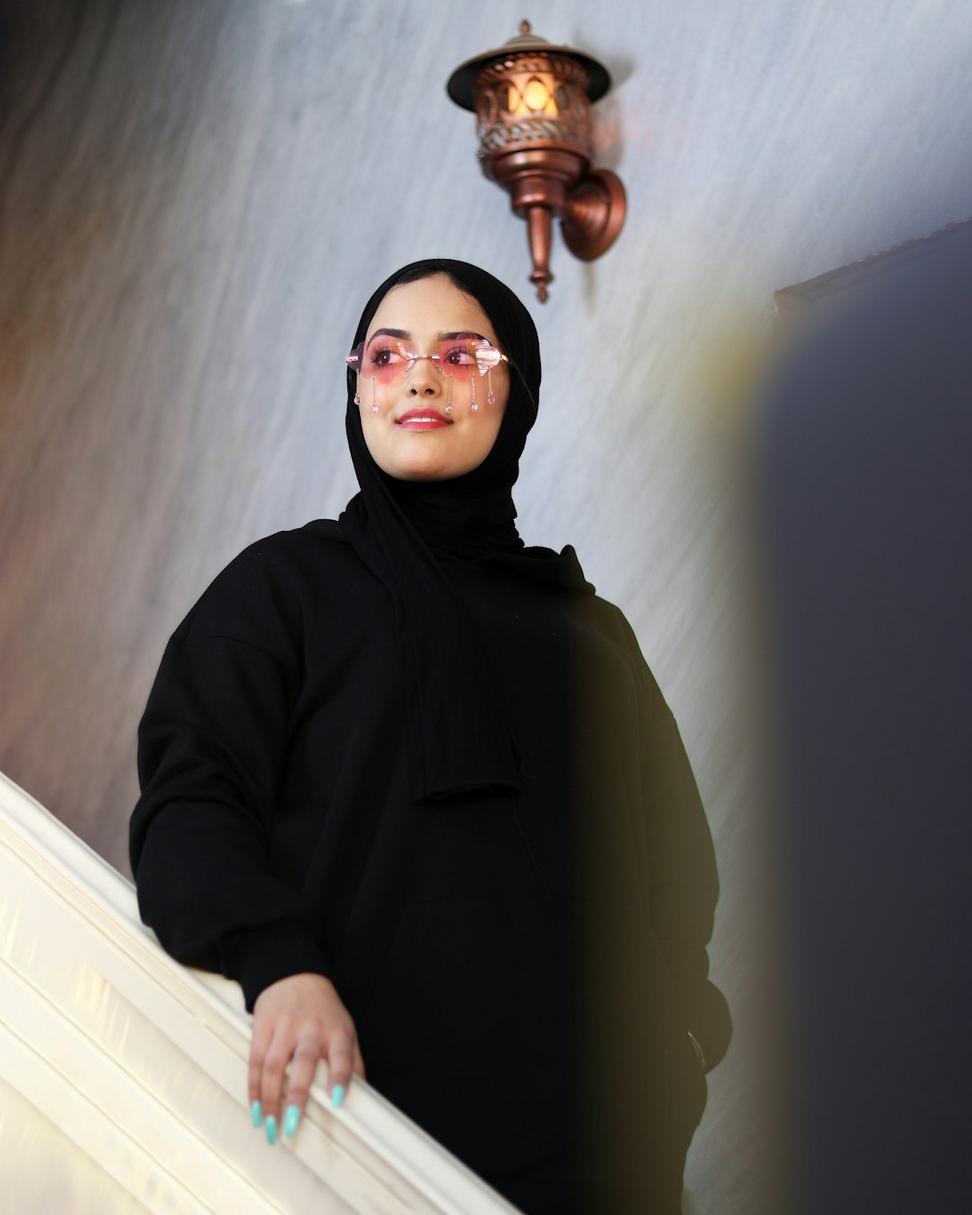
Principal Architect
Heritage restoration specialist. Has an uncanny ability to read old building drawings and figure out what was actually built vs. what was planned.
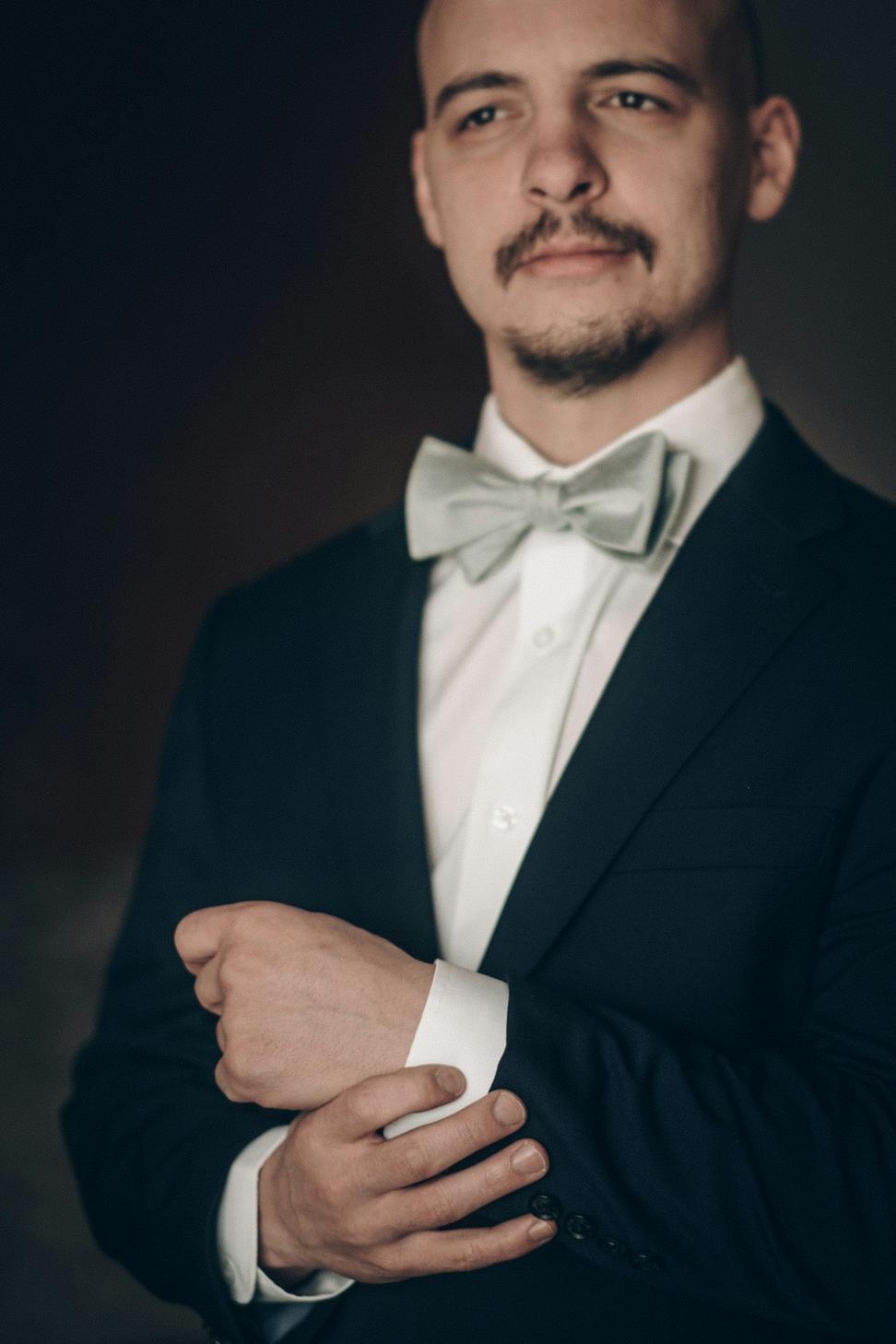
Urban Planning Lead
Former city planner who jumped ship to actually get things done. Knows every zoning bylaw in the GTA and where the wiggle room is.
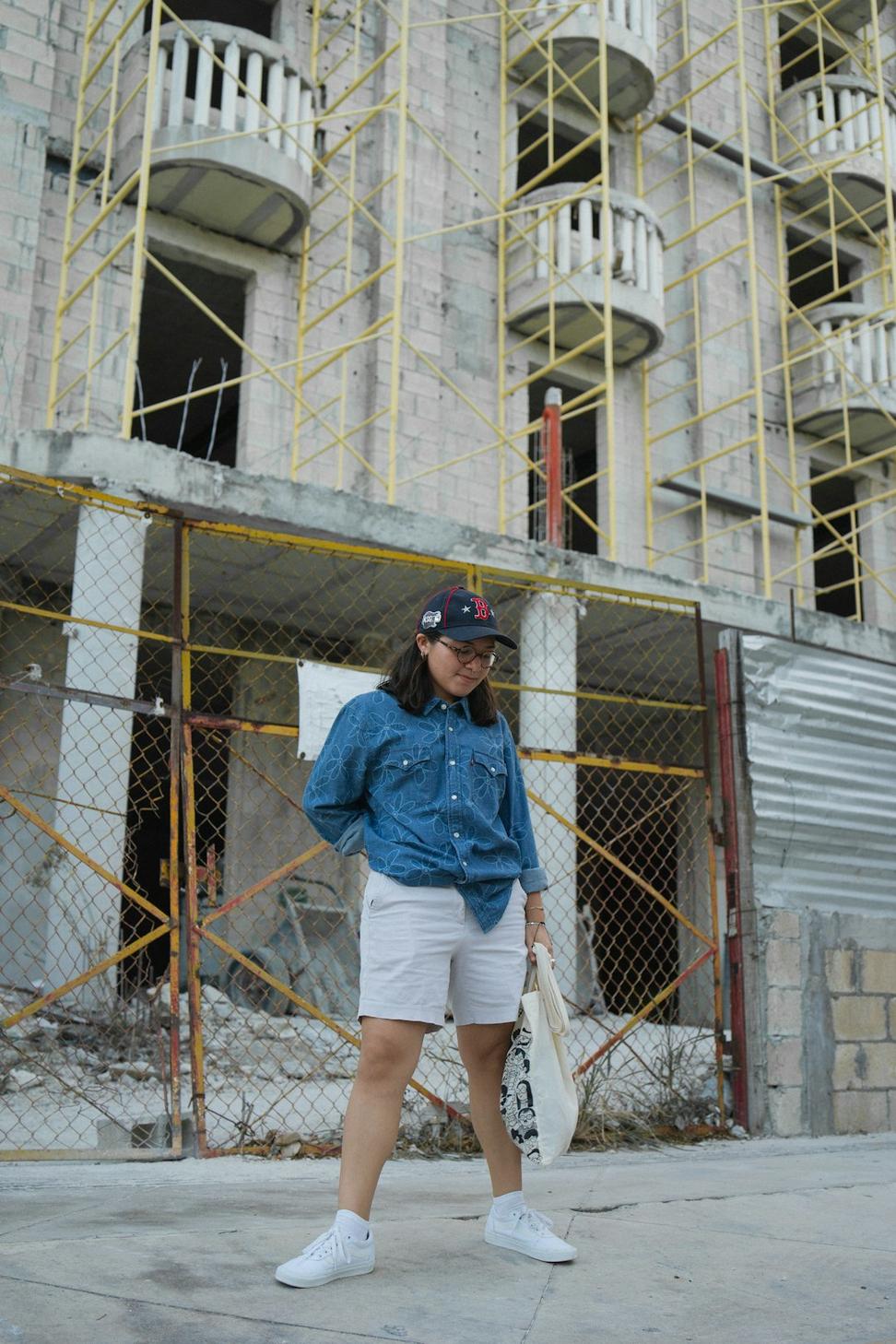
Sustainability Director
Makes energy modeling actually interesting. Her passive house design literally wrote the book - well, a chapter in one.
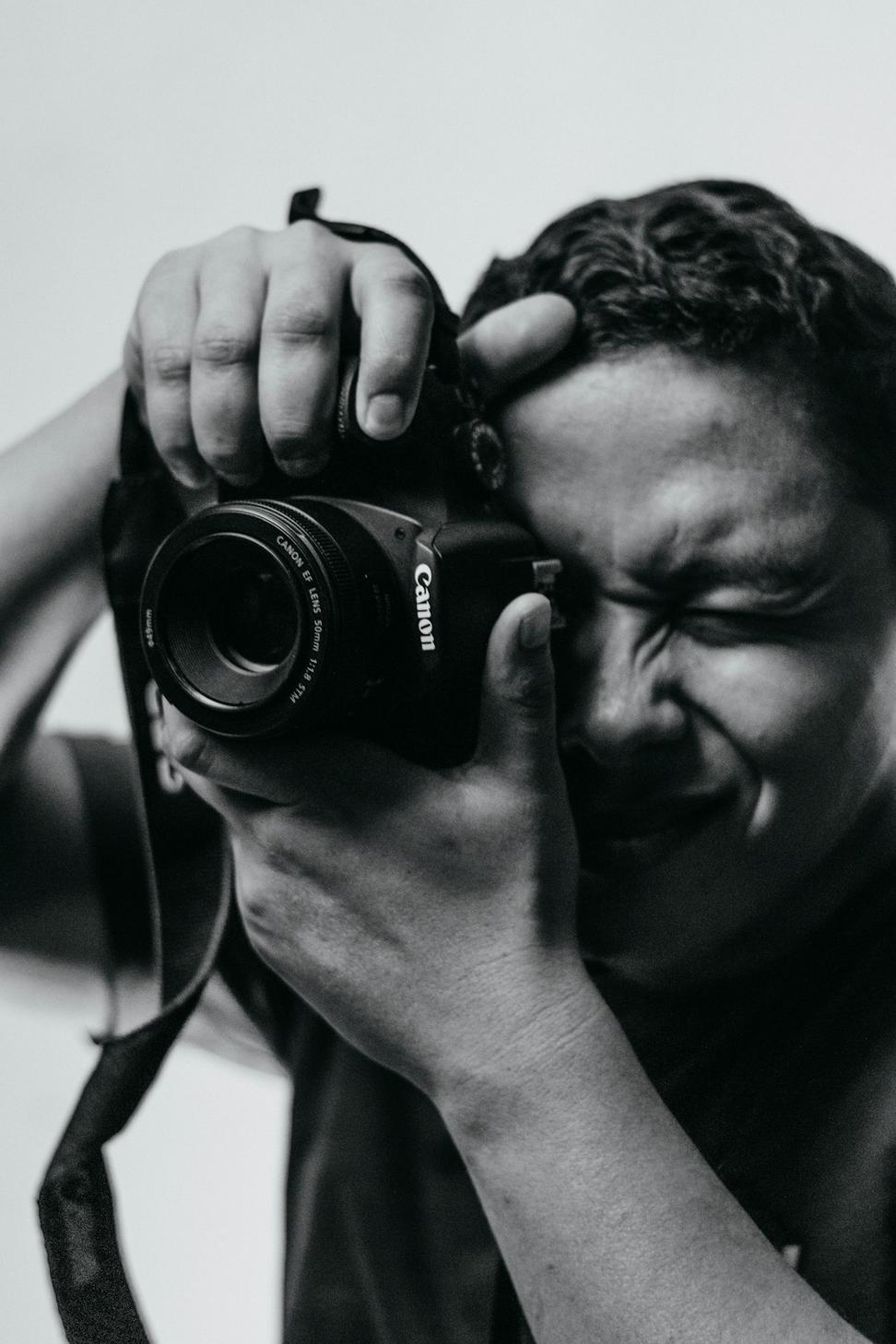
Design Director
The guy who makes sure our buildings don't just work well but actually look good. Has strong opinions about brick bonds.
Plus 18 more talented folks - architects, technologists, landscape designers, and one very patient office manager who keeps us all on track.
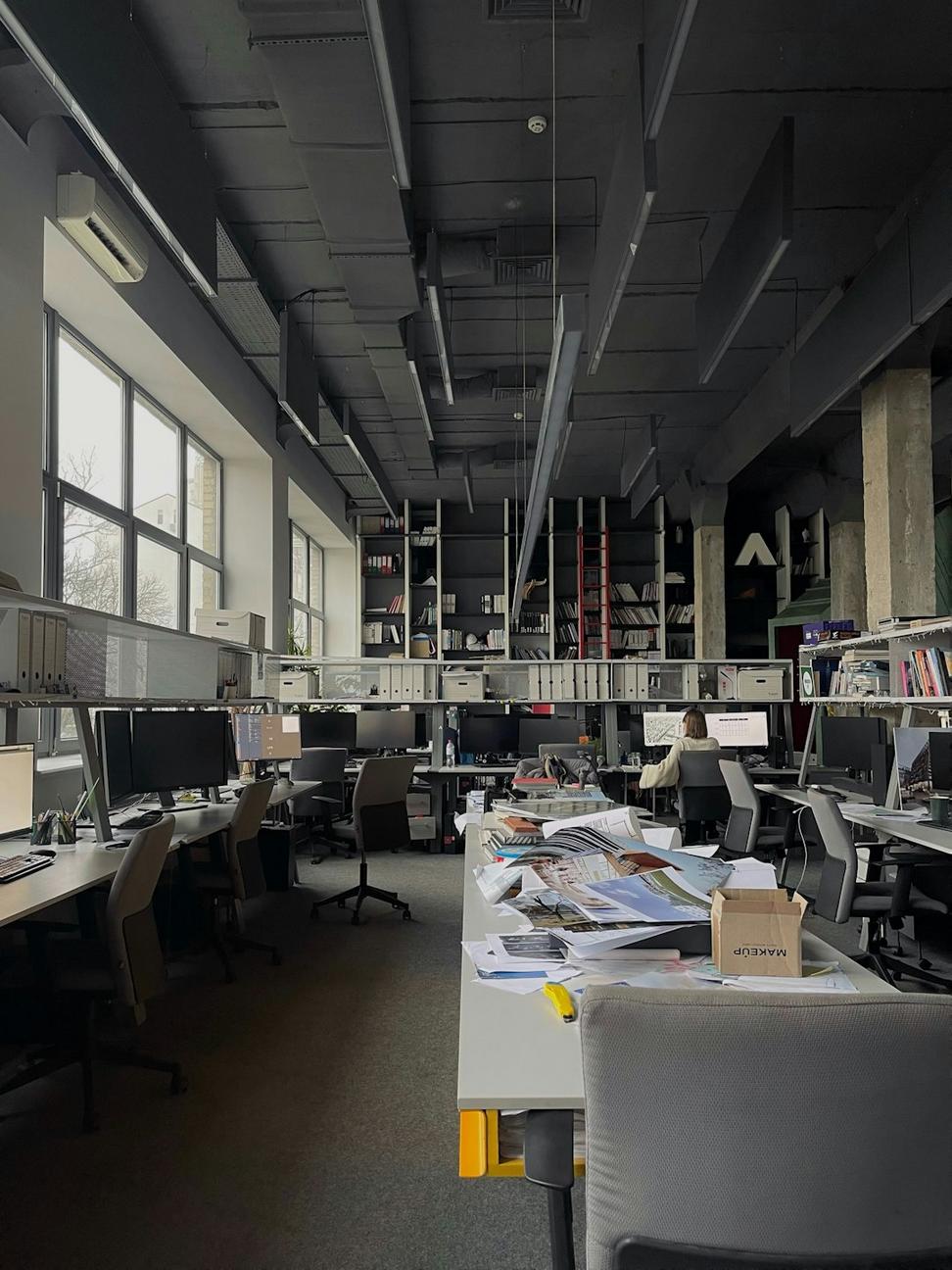
We practice what we preach - our office is in a restored early 1900s building on Queen West. Original timber beams, updated mechanicals, tons of natural light. It's a 15-minute bike ride from Union Station and we've got a pretty decent coffee setup.
The space works as a bit of a showcase too. Clients can see how heritage bones and modern systems play together. Plus, the meeting room has this incredible view of the city that reminds us why we do this work.
Come Visit Us